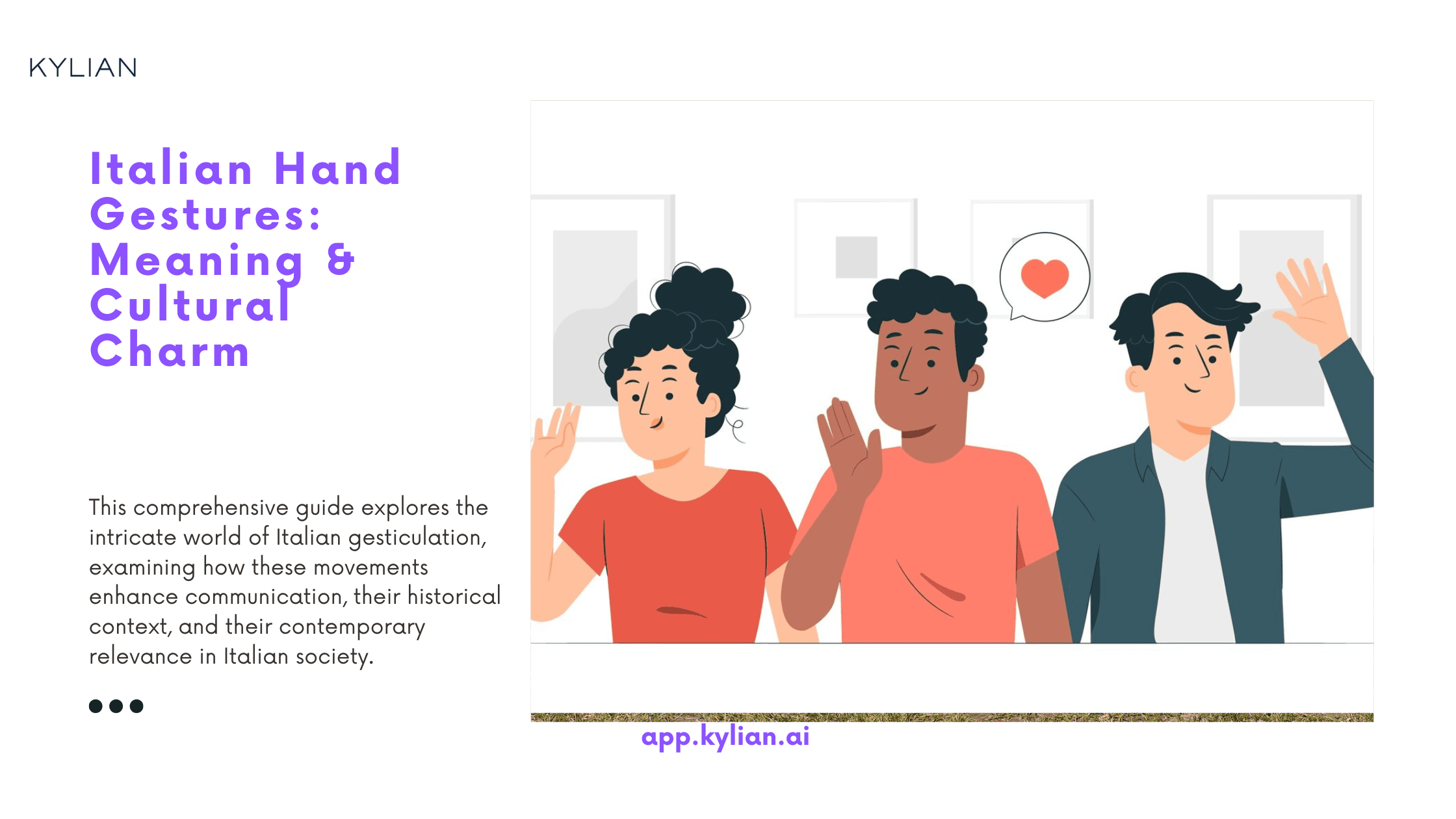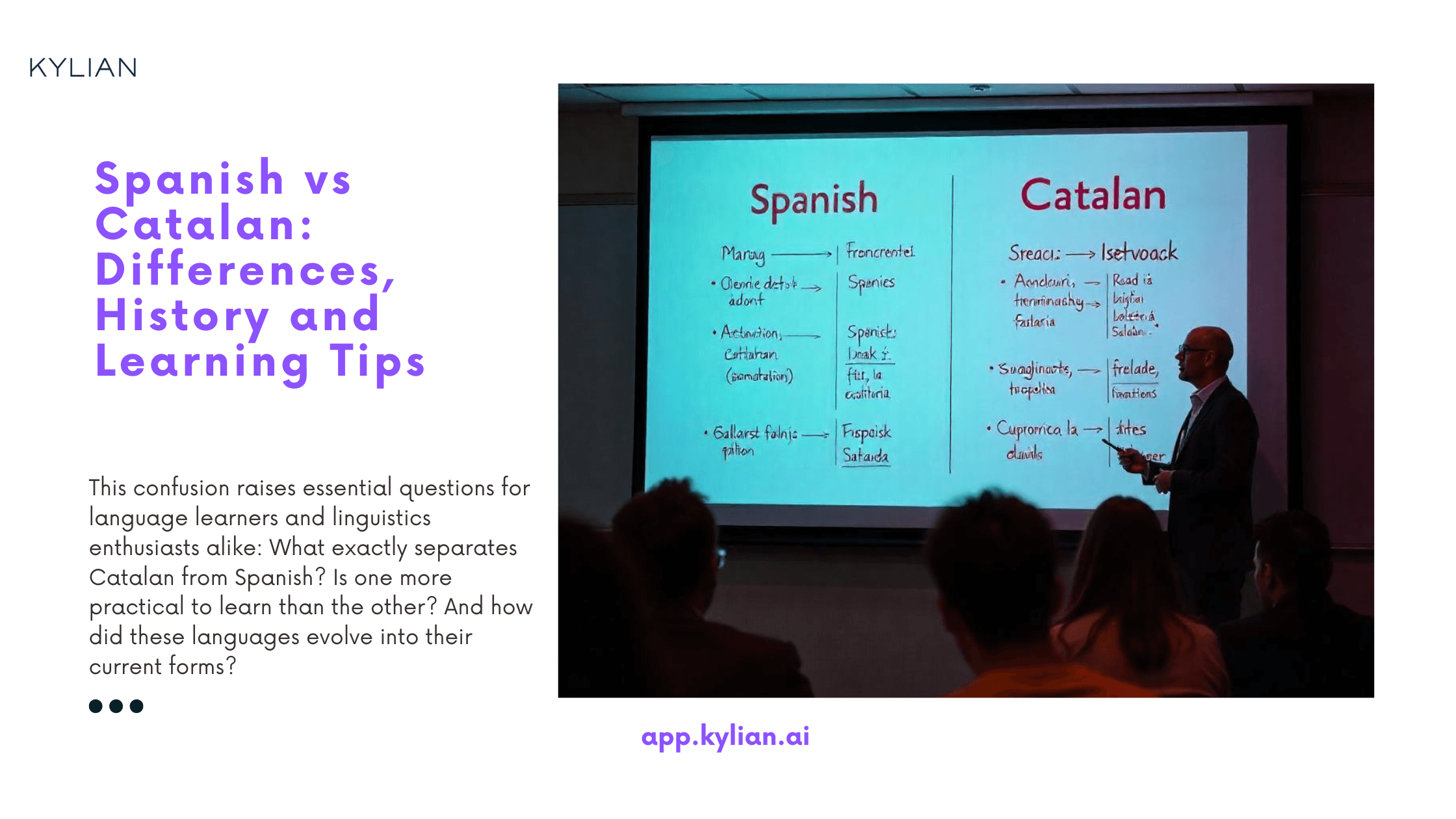

What is the meaning of "on the grind" in English?
In today's fast-paced world, expressions that capture dedication and hard work have become increasingly relevant. One such phrase that has gained significant traction, particularly in North American vernacular, is "on the grind." This expression encapsulates more than just working—it represents a mindset, a commitment to persistent effort toward achieving one's goals despite challenges and obstacles.


Spanish Numbers: Master Counting from 0 to 100 and Beyond
Learning to count in Spanish unlocks a fundamental aspect of the language that you'll use daily. Once you understand the key patterns, Spanish numbers become remarkably straightforward to master. This guide will walk you through everything you need to know about counting from 0 to 100 and beyond, including the critical differences between cardinal and ordinal numbers.


Master German Dog Commands: A Guide for Dog Owners
German dog training commands have earned their reputation in the canine world for their clarity and effectiveness. The sharp, distinct sounds of German commands cut through ambient noise, creating unmistakable signals that dogs quickly learn to recognize. This comprehensive guide explores why German commands are preferred by professional trainers worldwide and provides you with practical vocabulary to implement with your own canine companion.


Italian Hand Gestures: Meaning & Cultural Charm
Italian hand gestures represent far more than mere physical expressions; they form a sophisticated non-verbal communication system deeply embedded in Italy's cultural heritage. This comprehensive guide explores the intricate world of Italian gesticulation, examining how these movements enhance communication, their historical context, and their contemporary relevance in Italian society.


35+ British Idioms to Help You Speak Like a Brit
The English language contains a rich tapestry of expressions that reveal cultural nuances, historical contexts, and the unique British sense of humor. While standard English might get you through basic conversations, understanding British idioms and colloquialisms unlocks a deeper level of communication with locals. This comprehensive guide examines the most impactful British sayings, providing both cultural context and practical application. By mastering these expressions, you'll develop more authentic conversations and gain valuable insights into British culture. Let's explore the linguistic quirks that make British English truly distinctive.


What Percent of 80 is 60? Basic Math in English
Percentages appear everywhere in our daily lives—from discounts at stores to interest rates on loans, from test scores to statistical analyses. Understanding how to calculate them correctly isn't just an academic exercise; it's a practical skill that empowers informed decision-making. When faced with a question like "what percent of 80 is 60?" many people experience momentary confusion despite the apparent simplicity. This hesitation reveals a common gap in mathematical fluency that affects countless individuals across educational levels. In this comprehensive guide, I'll break down the fundamental concepts behind percentage calculations, provide multiple solution methods for finding what percent of 80 is 60, and equip you with practical techniques to handle similar questions with confidence. By understanding the underlying principles rather than memorizing formulas, you'll develop the critical thinking skills necessary for mathematical reasoning in real-world situations.


The Plural of Radius in English: Complete Guide
Latin-derived words often present unique challenges in English grammar, particularly when it comes to pluralization. Among these challenging terms is "radius"—a word widely used across mathematics, anatomy, and various scientific fields. Its plural form poses a specific grammatical question that warrants careful examination: do we use "radiuses" or "radii"? This comprehensive guide resolves this linguistic quandary by examining the etymological origins of "radius," exploring its correct plural forms, and providing practical contexts for proper usage.


The Plural of Ski in English
Language evolution follows patterns, yet English consistently challenges learners and native speakers alike with its irregular pluralization rules. The word "ski" presents a particularly interesting case study in English morphology, demonstrating how borrowed words adapt to new linguistic environments. Understanding the correct plural form of "ski" illuminates broader principles of English grammar while solving a practical language challenge for writers, speakers, and language enthusiasts. The journey of "ski" from its Norse origins to modern English usage reveals how language adapts and standardizes over time. This linguistic evolution not only affects formal writing but impacts everyday communication in winter sports contexts, technical documentation, and international discourse. The plural formation of this specialized noun carries implications beyond mere correctness—it reflects the deeper mechanisms of language adoption and standardization. In this comprehensive guide, we'll examine the definitive plural form of "ski," explore the historical context behind its evolution, analyze competing forms through usage data, and provide practical guidelines for consistent application in various contexts. Whether you're drafting technical content, conversing about winter sports, or simply aiming for grammatical precision, this analysis delivers actionable insights beyond superficial grammar rules.


The Difference Between "Can not" and "Cannot" in English
Language precision matters. When we examine seemingly minor grammatical distinctions, we often uncover significant differences in meaning that impact communication effectiveness. The distinction between "cannot" and "can not" represents exactly this type of nuanced language choice that deserves careful consideration. These two forms—one written as a single word and the other as two separate words—carry different implications and are used in different contexts. Understanding when to use each form elevates writing clarity and ensures your intended meaning reaches your audience. The difference matters particularly when expressing inability versus choice, delivering emphatic statements, or crafting formal communications. This analysis explores the grammatical foundations, usage contexts, and practical applications of these related but distinct expressions to provide you with actionable guidance for your writing.


Top 70+ HR Abbreviations and Acronyms in English
In today's fast-paced corporate environment, understanding Human Resources terminology is crucial for both HR professionals and employees alike. The HR department frequently uses abbreviations and acronyms in communications, documents, and policies—creating what can sometimes feel like a secret language. While these shorthand terms efficiently condense complex concepts, they often leave newcomers and even seasoned professionals scratching their heads. This comprehensive guide breaks down over 70 essential HR abbreviations and acronyms you're likely to encounter in the workplace.


Japanese Sentence Structure: A Complete Guide
Understanding sentence structure is the foundation of Japanese language mastery. Without this critical knowledge, learners often struggle to move beyond memorized phrases into genuine communication. While Japanese is frequently categorized as challenging for English speakers, this perception stems more from structural differences than inherent complexity. Once you grasp the fundamental patterns, Japanese grammar becomes remarkably logical and consistent. This comprehensive guide breaks down everything you need to know about Japanese sentence structure to accelerate your learning progress and develop authentic communication skills.
![What is the plural of mango? [English]](/_next/image?url=https%3A%2F%2Fcdn.sanity.io%2Fimages%2F147z5m2d%2Fproduction%2F73e49bb8178def72d2994c8e7afdb25264559244-2240x1260.png&w=3840&q=75)

What is the plural of mango? [English]
When discussing multiple specimens of this tropical delight, language learners and native speakers alike often pause to consider: is it "mangoes" or "mangos"? This seemingly simple question represents a fascinating aspect of English language evolution, where competing forms coexist in modern usage.


How to Conjugate Gustar in Spanish: Useful Verb Forms Guide
Understanding how to express likes and dislikes in Spanish requires mastering the verb "gustar." However, this seemingly simple concept often challenges language learners because it functions differently from English. Let's break down this essential verb to help you communicate preferences with confidence and precision.


Past Simple "To Be" in English: Practical Usage Guide
The verb "to be" functions as a cornerstone of English grammar, particularly when describing states, conditions, or identities in the past. While English grammar presents numerous challenges for learners, mastering the past simple form of "to be" is surprisingly straightforward once you understand the fundamental patterns. This comprehensive guide will walk you through everything you need to know about using "was" and "were" correctly.


Essential Spanish Grammar: Your Complete Guide
Learning Spanish requires understanding its grammatical foundation—the structural framework that allows you to communicate effectively. Rather than viewing grammar as a collection of rules to memorize, consider it the blueprint that enables you to express yourself accurately in this beautiful language. This comprehensive guide breaks down essential Spanish grammar concepts into digestible sections, giving you a practical reference you'll return to throughout your language journey.


German Verb Conjugation: Essential Rules & Patterns
Mastering German verb conjugation is essential for anyone serious about developing proficiency in the language. Verbs form the backbone of expression, enabling you to articulate actions, describe states of being, and communicate across all tenses. While German conjugation may initially seem daunting, understanding the underlying patterns can dramatically accelerate your learning curve. In this comprehensive guide, we'll break down the rules into manageable concepts and provide practical strategies to internalize them effectively.


Spanish vs Catalan: Differences, History and Learning Tips
A tourist visiting Barcelona might overhear a conversation and assume they're listening to Spanish with an unusual accent. This common misconception stems from superficial similarities between Spanish and Catalan—yet these are fundamentally different languages with distinct histories, grammatical structures, and phonological systems. This confusion raises essential questions for language learners and linguistics enthusiasts alike: What exactly separates Catalan from Spanish? Is one more practical to learn than the other? And how did these languages evolve into their current forms? By examining the historical context, structural differences, and practical applications of both languages, we can develop a nuanced understanding of their relationship—crucial knowledge for anyone considering which to study or simply curious about linguistic diversity in Spain.


Italian Days of the Week: The Complete Guide
Learning how to properly use the days of the week in Italian is a foundational skill that dramatically improves your ability to communicate effectively while in Italy. Whether you're planning a vacation, studying abroad, or simply expanding your language skills, this comprehensive guide will equip you with everything you need to navigate time-related conversations with confidence.


14 Main Steps for Moving to Japan: Expat Guide
Relocating to Japan represents a transformative opportunity that combines professional advancement with cultural immersion. This comprehensive guide examines the critical steps required to successfully transition to this dynamic East Asian nation, addressing everything from financial planning to cultural integration.


15 French Greetings: Keys to Authentic Connections
In a world increasingly dominated by digital communication, the value of authentic human connection continues to rise. French, with its melodic cadence and cultural richness, offers a gateway to forming such connections. The language of Voltaire and Victor Hugo extends beyond literary brilliance - it serves as a conduit for meaningful relationships across the Francophone world. Learning French greetings isn't merely about memorizing phrases; it's about embracing a cultural mindset that values social connection and interpersonal etiquette. This article will guide you through essential French greetings that go beyond the superficial "bonjour" to help you navigate social interactions with confidence and cultural awareness. Whether you're planning a business trip to Montreal, vacationing in Senegal, or simply appreciating French culture from home, these expressions will enhance your ability to forge authentic connections.


How to Learn Mandarin Chinese By Yourself: 12 Key Tips
Learning Mandarin Chinese independently requires strategic planning, consistent practice, and the right resources. With China's growing economic influence and cultural significance, Mandarin proficiency has become an increasingly valuable skill for global professionals, travelers, and cultural enthusiasts alike. While self-directed language acquisition presents unique challenges, particularly for speakers of non-tonal languages like English, this comprehensive guide provides actionable strategies to help you navigate your Mandarin learning journey efficiently.


How to Learn Chinese for Beginners: 9 Effective Steps
Learning Mandarin Chinese might seem daunting at first, but with the right approach, it becomes a rewarding journey. This comprehensive guide breaks down the process into manageable steps, helping you establish an effective learning routine regardless of your ultimate goal—whether it's basic conversation or professional fluency.


100 Most Common German Words: The Essential Vocabulary Guide
Learning a new language can feel overwhelming, especially when faced with thousands of unfamiliar words. The good news? Mastering just 100 of the most frequently used German words can dramatically accelerate your language journey. These fundamental building blocks appear repeatedly in everyday conversations, allowing you to understand and communicate more effectively from the start.


12 English Pronunciation Exercises to Perfect Your Speech
English pronunciation presents significant challenges for language learners. The inconsistent phonetic patterns, numerous exceptions to rules, and subtle sound distinctions can make achieving clear articulation difficult. However, with structured practice and effective tools, learners can make remarkable progress. This guide explores ten proven pronunciation exercises and printable resources designed to help English language learners develop clearer, more natural-sounding speech. Each approach targets specific pronunciation challenges while making the learning process engaging and measurable.